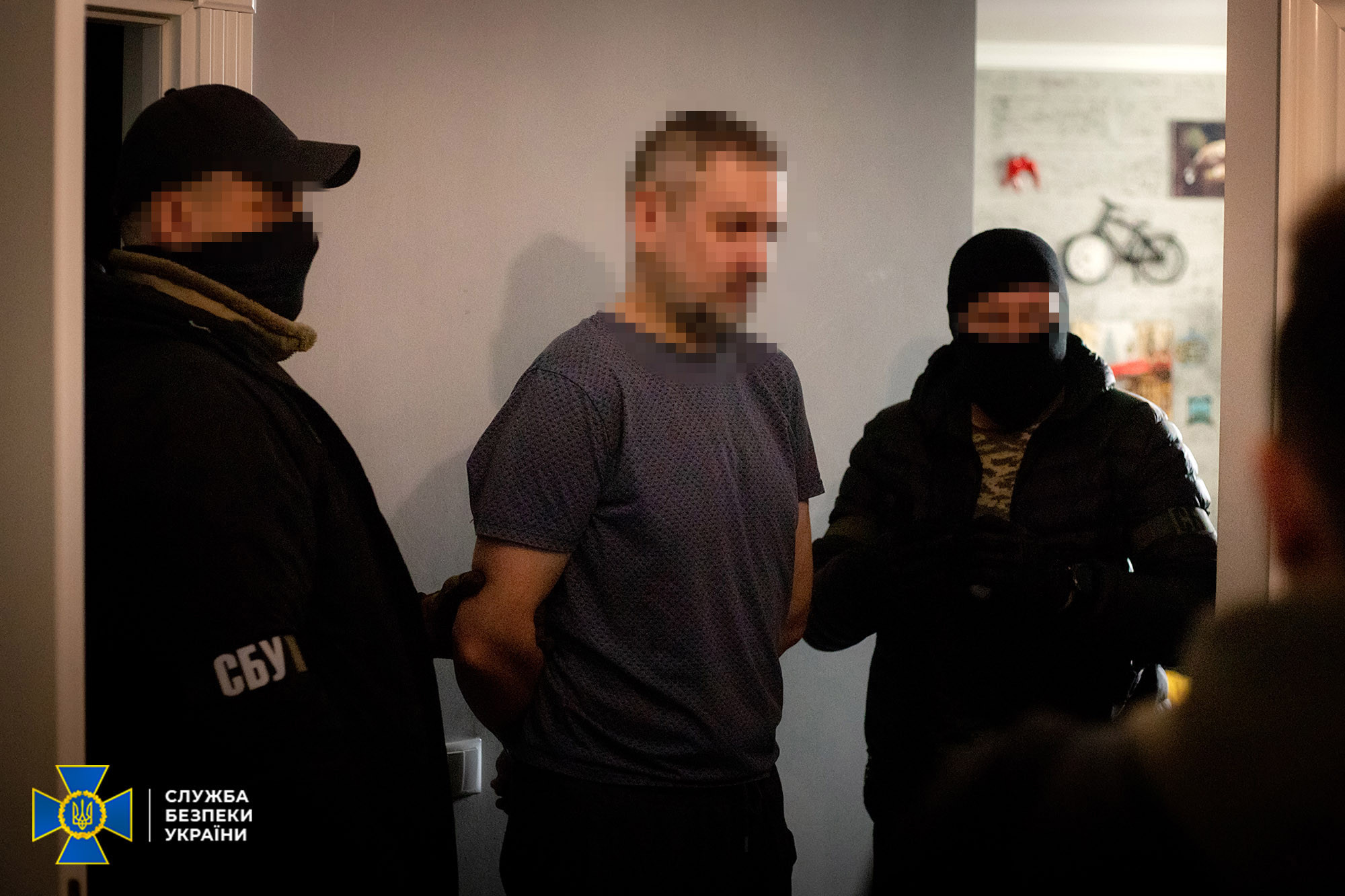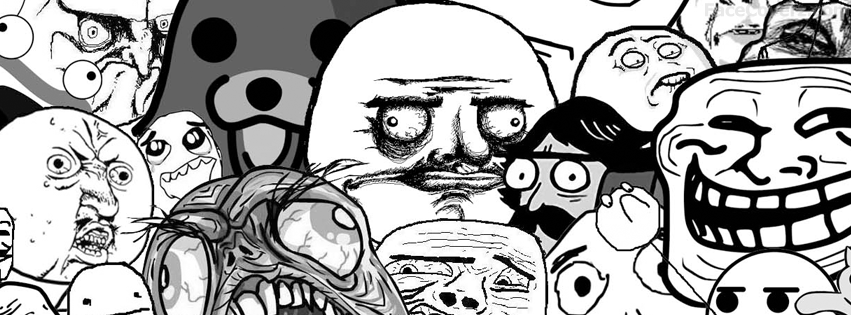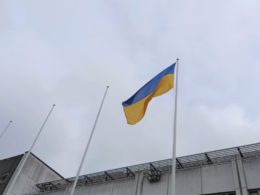The Security Service of Ukraine (SBU) has neutralized a criminal organization in Kyiv accused of conducting a disinformation campaign on the instructions of Russia’s Federal Security Service (FSB). The group is alleged to have mass-produced and disseminated pro-Kremlin narratives and provocative messages aimed at destabilizing the socio-political situation and fueling religious hatred in Ukraine.
The SBU’s comprehensive measures have exposed over 15 members of this network, with four key figures already in custody. One of the detainees is a priest of the Ukrainian Orthodox Church of the Moscow Patriarchate (UOC MP), who is believed to have been part of the FSB’s agent group.
This network is considered one of the largest FSB operations in Ukraine since the onset of the full-scale invasion. It was characterized by a clear hierarchy, division of functions, and consistent communication with major Russian media outlets, which promptly amplified the desired content.
“The coordinator of the network in Ukraine, a cleric detained by the SBU, was responsible for spreading materials that incited interfaith hostility and justified the aggressive war against Ukraine,” the SBU stated.
This individual reportedly instructed other members of the organization, who posed as “political experts,” to create provocative posts and video stories.
These materials were then distributed through various channels, including Telegram, YouTube, Facebook, and the official websites of different dioceses of the UOC MP. Russian central TV channels and online publications would subsequently pick up these materials to spread disinformation about Ukraine.
“The enemy’s information attacks aimed not only to destabilize the socio-political situation in Ukraine but also to discredit our country on the international stage, especially before our Western partners,” the SBU noted.
Four detainees and ten other members of the organization have been notified of suspicion under various articles of the Criminal Code of Ukraine, including state treason, collaborative activity, creation and participation in a criminal organization, incitement of religious enmity, and justification of the armed aggression of the Russian Federation against Ukraine.
UOC MP: a promoter of the “Russian World”
The Ukrainian Orthodox Church of the Moscow Patriarchate (UOC MP) has longstanding ties to Russia and propagated the ideology of the “Russian World,” despite claiming in May 2022 to have cut ties with Moscow. The UOC MP benefited from government support in Ukraine for years, spreading Russian soft power through cultural events and paramilitary groups.
Numerous UOC MP priests backed Russia’s 2014 annexation of Crimea and invasion of eastern Ukraine. For example, Father Pavel Batarchukov systematically supported Russian-led separatists in occupied Donbas by blessing them and boosting their fighting spirit against Ukrainian forces, even receiving a 2017 blessing from UOC MP leader Metropolitan Onufriy.
The “Russian World” ideology asserts that Russia, Ukraine, and Belarus constitute one spiritual space united by Russian Orthodox Christianity. Through this doctrine, the UOC MP aimed to tie Ukrainians to Russia’s cultural and civilizational space. The UOC MP held events promoting Russian culture and language while marginalizing Ukrainian identity as subordinate.
In May 2022, under rising pressure, the UOC MP declared independence from Moscow but retained spiritual ties. However, this rhetorical shift did not eliminate its decades-long propagation of “Russian World” ideology. Many UOC MP parishes still pray for Patriarch Kirill of Moscow, demonstrating Russia’s enduring sway.
The Ukrainian government has accused UOC MP clergy of denying Ukraine’s sovereignty and advocating Russia’s invasion. The Ukrainian Security Service has raided churches and pressed charges against clergy accused of promoting Russian aggression.
In December 2022, a special expert commission of the State Expert Commission on Church Relations officially established the connection of the UOC MP with the Moscow Patriarchate. Particularly, the commission found that the UOC MP maintains its status as a structural unit of the Russian Orthodox Church (ROC), lacking full autocephaly. It holds a canonical connection to the ROC, and its governance suggests ongoing subordination to the ROC.
The UOC MP itself does not agree with this and declares its independence from Moscow, although it admits that it has not declared full autocephaly.
Read also:
- Russian troops kill Ukrainian priest who refused to convert to Moscow patriarchate
- Ukraine convicts Russia-aligned church’s cleric for pushing Russian propaganda
- Pope urges Ukraine to raise the white flag, sparking controversy
- Ukrainian FM tells Pope: “Our flag is yellow and blue. No others will fly”






